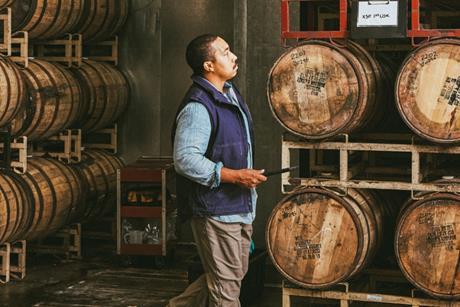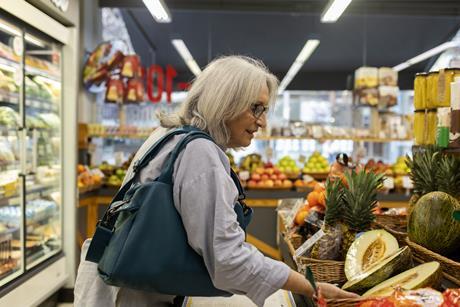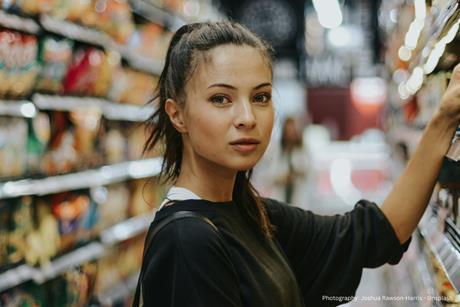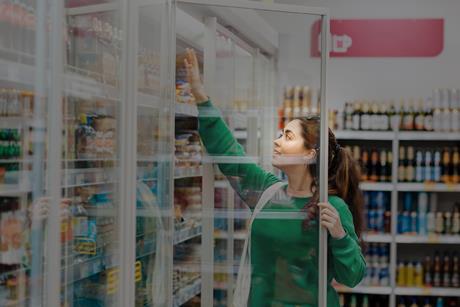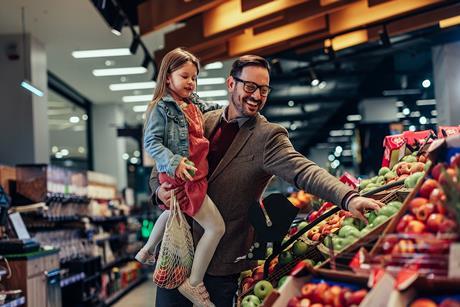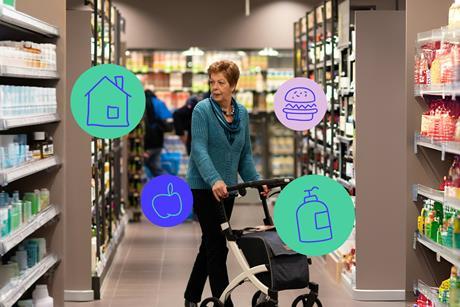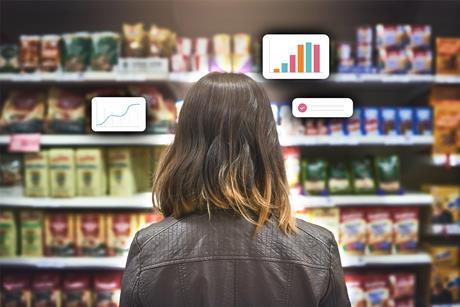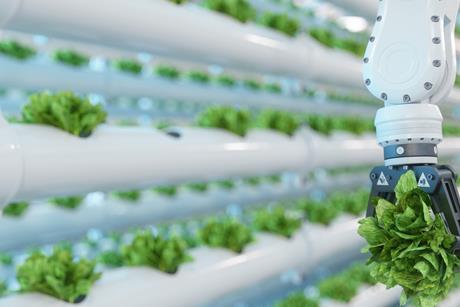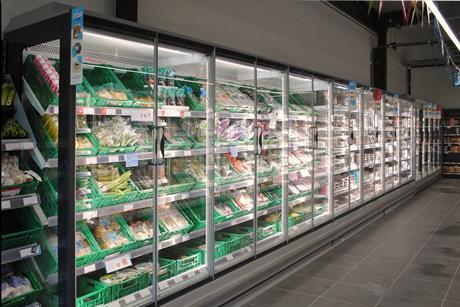Building fair and transparent fmcg supplier–retailer relationships
In a market where volume growth is strenuous, this whitepaper explores how suppliers can protect margin and strengthen retailer partnerships through independent, evidence-based reconciliation – showing why transparency is a practical advantage, not just a buzzword.
Is your grocery basket strategy future-proof?
A new report from Savi reveals UK grocery shoppers are returning to physical stores in record numbers while demanding instant, frictionless rewards to maintain brand loyalty in an value-driven market.
Already have an account? Sign in here
Sign up to free guest access

Explore our in-depth fmcg intelligence

Sign up to our daily and topic newsletters
How data-driven tech helps food firms boost compliance
Ensuring safety while maintaining compliance can be a huge challenge for food businesses. Discover how new data-driven technology is helping manufacturers stay ahead in today’s competitive and regulated market.
Explore practical ways to protect your margins
A perfect storm of headwinds is presenting UK convenience retailers with challenges in relation to maintaining profitability. Without support or investment, profit growth may be a pipe dream for many retailers for the foreseeable future.
What’s next for UK grocery retail packaging
New research from packaging consultancy Aura has uncovered significant gaps between UK grocery retailers’ public sustainability commitments and in-store packaging reality. Download their whitepaper to learn more.
How LHF regulation is rewriting food marketing
Britain’s food marketing is entering a new era – with consumers already thinking beyond the latest high-fat, salt and sugar (HFSS)/less healthy food (LHF) advertising rules.
Discover the secrets to successful innovation
What can you learn from the world’s most innovative brands? Get the lowdown on how bolder thinking and smarter execution can take your business to the next level – including real-world insights you can action today.
Emerging trends in UK food and drink 2026
Health, value and innovation are reshaping the food and drink landscape. Vypr’s latest report explores how evolving shopper priorities - from clean labels to portion-aware snacking - are redefining what it means to eat well in 2025.
Already have an account? Sign in here
Sign up to free guest access

Explore our in-depth fmcg intelligence

Sign up to our daily and topic newsletters
Rethinking plastic: A guide to smarter sustainable packaging
Is plastic still part of the sustainability story? Uncover what 500 European experts think about recycled plastic, consumer expectations, and the myths holding brands back.
From margin loss to margin gain: a profit recovery guide for FMCG suppliers
As costs rise and profit margins shrink, many UK suppliers are feeling the pressure despite strong sales. This report uncovers what’s driving the gap between revenue and return and offers practical, expert-led strategies to recover lost margin without damaging relationships.
What’s driving shopping decisions in 2025
UK shoppers are starting to feel cautiously optimistic. But that doesn’t mean they’re ready to go back to old habits. Download Dentsu’s latest report to discover the trends shaping retail and how brands can stay relevant, responsive and ready for growth.
How tech investment is shaping the future of consumer goods
As AI and machine learning rapidly redefine industries, staying ahead means understanding where innovation and investment intersect. This whitepaper from TELUS Consumer Goods reveals the key technologies and trends shaping the future of consumer goods so you can stay competitive in the digital era.
Generation Flex: How Gen Z shoppers are redefining the grocery aisle
Generation Flex is rewriting the rules of the grocery aisle. From flexitarian habits to viral food trends, this 13- to 28-year-old cohort blends values with indulgence, reshaping how and why they shop, one basket at a time.
Generational wealth: targeting over-55s
Despite holding the majority of the UK’s wealth and driving FMCG spend, over-55s are still overlooked by many brands. Vypr’s new report reveals how data-led design, messaging, and innovation can unlock deeper loyalty with this powerful and under-served audience.
What leading FMCG brands know that others don’t
Discover how top FMCG brands are using real-time insights to outpace the competition and fuel smarter, faster growth.
Outpace the competition with future-ready food and beverage strategies
Discover the essential capablities senior leaders say are enabling them to unlock measurable benefits and deliver genuine enterprise-wide transformation.
From trial to trust: how to build real brand loyalty in 2025
YouTube celebrities are disrupting the FMCG industry, outperforming even the biggest of media budgets. Those that choose not to adapt, do so at their peril. Discover how to protect your brand and build loyalty without increasing your budget.
A guide to driving meaningful growth with post-launch insights
What separates winning innovations from those that fade fast? Download this whitepaper to discover how to leverage post-launch insights to fuel smarter decisions, reveal growth opportunities and shape future innovation strategies.
How Co-op is raising the bar in energy efficiency
With rising energy costs, tighter regulations, and tougher sustainability targets, learn how Co-op improved refrigeration efficiency through high-efficiency CO₂ systems and heat recovery solutions with Epta UK’s expertise.
Unlock Gen Z’s appetite: Key F&B trends shaping campus culture
Download this whitepaper to explore the latest insights into student food trends, attitudes, and behaviours, and learn how brands can effectively engage this key demographic in 2025 and beyond.
Already have an account? Sign in here
Sign up to free guest access

Explore our in-depth fmcg intelligence

Sign up to our daily and topic newsletters









